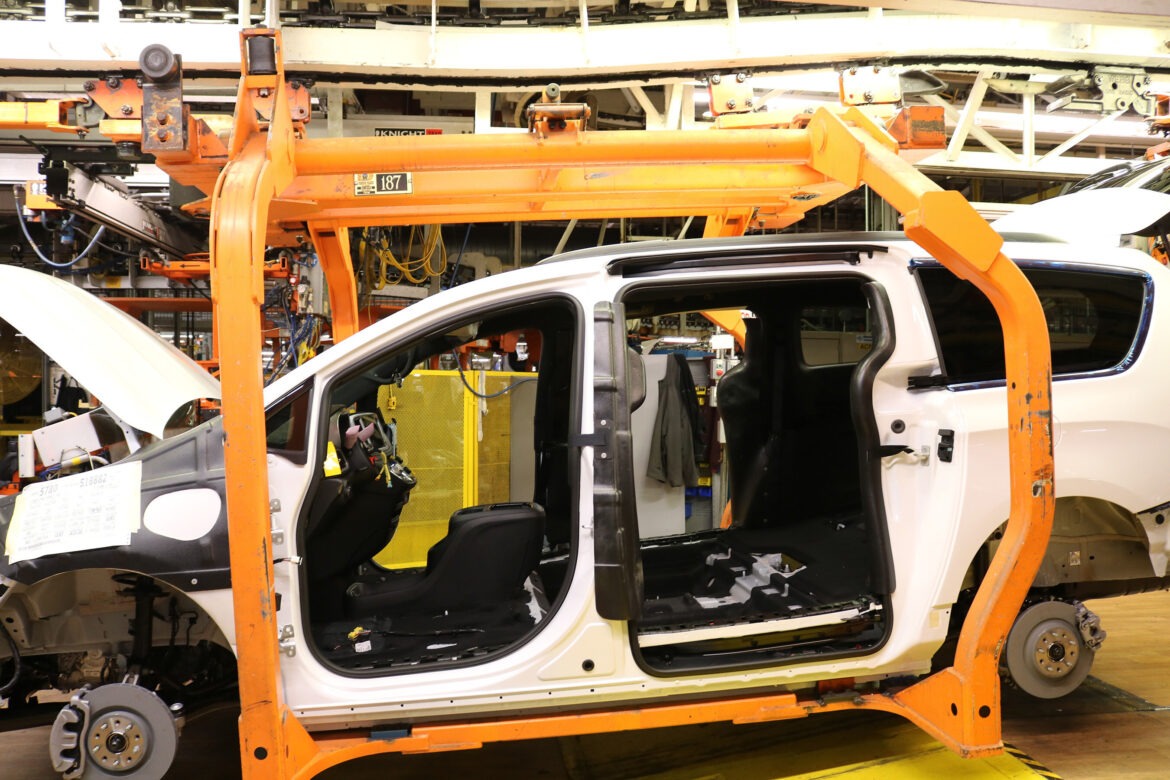Canada has enacted a 25 per cent tariff on fully assembled U.S. vehicles that don’t meet North American trade agreement standards, a retaliatory measure prompted by recent American tariffs targeting Canadian auto exports.
Though it’s unclear if U.S. President Donald Trump’s announcement this afternoon that he was pausing tariffs for 90 days would change things between the two countries.
Auto sector tensions escalate
The new tariffs, which took effect April 9, apply to vehicles imported from the United States that are non-compliant with the Canada-United States-Mexico Agreement (CUSMA). Vehicles that meet CUSMA standards will only face tariffs on content not originating in Canada or Mexico. U.S.-made auto parts imported into Canada are excluded from the measure.
Unifor, Canada’s largest private-sector union, called the tariffs a necessary response to what it described as unjustified trade actions by the U.S.
“There is absolutely no justification for the United States to impose tariffs on Canadian vehicles,” said Unifor National President Lana Payne. “Canada did not start this trade war, but we have no choice but to fight.”
Impact on jobs and industry
The U.S. tariffs have already triggered industry disruption, Unifor said, citing a recent announcement by Stellantis that it would temporarily shut down factories in Canada, the U.S., and Mexico. The closures have led to thousands of job losses across the supply chain.
“These tariffs drive home the fact that Canada and the U.S. share an extraordinary and exceptional history manufacturing vehicles and parts together,” said Payne. “Canada’s response is aggressive but also designed to limit damage to Canadian jobs and our auto sector.”
The federal government has pledged to direct all funds collected from the new tariff into support programs for workers affected by the dispute.
CUSMA compliance at issue
Unifor emphasized that the U.S. tariffs violate the terms of CUSMA, the trilateral agreement negotiated under former President Donald Trump’s administration. Along with the auto tariffs, the U.S. has imposed a 25 per cent duty on Canadian steel and aluminum and has announced plans to raise softwood lumber duties to 34.45 per cent. Additional tariffs on Canadian energy and potash exports are also in effect for non-CUSMA compliant products.
Unifor said it expects further details from the federal government on a remission framework designed to encourage automakers to maintain and expand their Canadian operations.
“We will not accept auto workers being treated as collateral damage in Donald Trump’s senseless trade war with Canada,” Payne said. “Unifor will fight to ensure that our members in auto, steel, aluminum, forestry, energy, mining, and any other sector injured by these senseless economic attacks is supported until the last unjust U.S. tariff is lifted.”






